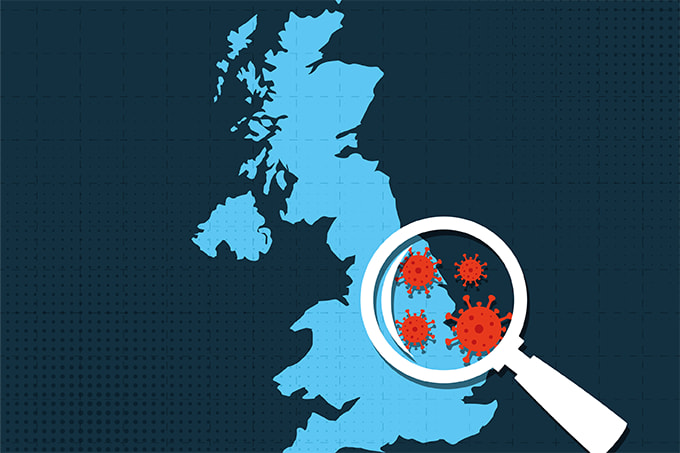Not long after the start of the COVID-19 pandemic, pathologists and medical laboratory scientists were already discussing how to handle the next pandemic. It wasn’t – and isn’t – a question of if we would experience another pandemic – it is when.
That the laboratory played a critical role in the testing, diagnosing, and monitoring of COVID-19 is an undeniable fact. The ways we, as pathologists and medical laboratory scientists, interact with infectious diseases – from examining tissues and fluids of infected individuals, to identifying the root causes of the disease, to running and analyzing the tests that provide diagnosis and ultimately impact treatment – are critical to both stopping the spread of the disease and educating healthcare providers, public health officials, and the general public. The information the laboratory provides is invaluable when it comes to monitoring outbreaks – and potentially stopping more from happening.

There have been many important lessons learned since 2020, both in and out of the laboratory – one of the most significant being the understanding that, without the laboratory, the detriment and havoc that the COVID-19 pandemic brought about to the entire world would have been exponentially greater. What’s important to note, however, is that, though the public health emergency of COVID-19 may be over, our role in the laboratory is not.
It’s unclear whether any of us will ever fully move out of a “pandemic mindset.” How we view healthcare has been forever changed and there is now strengthened emphasis on monitoring outbreaks of diseases in all corners of the world. As members of the laboratory, we understand that monitoring diseases is elemental in mitigating (or outright stopping) one from developing into pandemic proportions. As laboratory professionals who touch almost every patient who seeks care, we are the first line of information and defense when it comes to identifying potential threats, whether locally or globally. We are the ones who embrace our duty to stay informed, learn from the past and innovate for the future, so that we can continue to care for our populations.
Understanding the lessons we’ve learned from our most recent pandemic will help inform how we approach and lead during the next one. The laboratory’s role cannot be underscored enough. If we do not step up to lead – both now and in the future – we do our patients and our health systems a disservice. The COVID-19 pandemic brought new and unforeseen challenges, but the laboratory rose to meet each one with skill and expertise. If – or rather when – we experience another pandemic, we will undoubtedly not only be ready for the challenge, but stronger together in the knowledge that we can lead the world through it.




